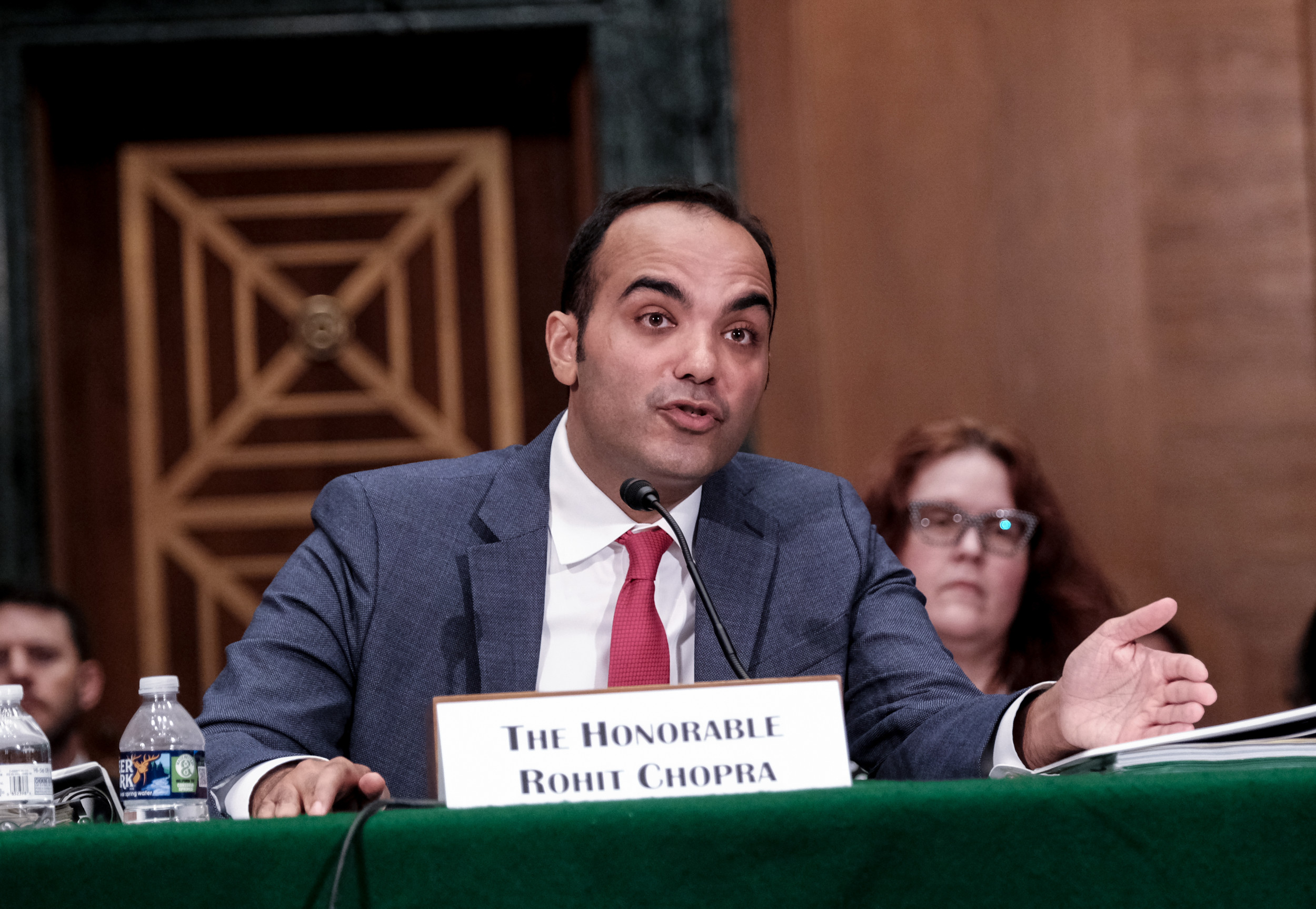
The U.S. Supreme Court's decision Monday not to hear an appeal by Argentina in its fight against a group of hedge fund-led creditors has prompted Argentina's president, Cristina Kirchner, to vow not to "submit the country to such extortion" by what she's called "vulture funds."
Whether Argentina will agree to enter talks with the hedge funds it so vociferously opposes and the other creditors to which it owes an estimated $1.5 billion—or opt to default for the second time in 13 years—remains to be seen. It has until July 30 to decide.
"Argentina has not yet been in touch with Elliott," says a source close to multibillion-dollar New York hedge fund Elliott Management Corp., whose NML Capital division is leading a group of 19 plaintiffs seeking full payment of their Argentine bonds.
Elliott Management, led by fund manager Paul Singer, has reached out to Argentina numerous times to broach settlement talks, to no avail. The result has occasionally led to "exploratory" conversations, but they never led to formal negotiations, the source said.
Argentina has said it will never pay the fund-led holdouts and has gone so far as to pass a law prohibiting the country from paying them at all.
"Argentina's president did not say that she would rule out negotiations Monday, but she appeared to be defiant, and it was very hard to interpret her speech," the source told Newsweek, asking to speak on condition of anonymity.
"She said Argentina will never bow to extortion, but she also seemed to be leaving the door open," said the source, noting that Elliott is also still open to negotiations.
The source also said the fund is now waiting to hear from Argentina's economy minister, Axel Kicillof, who is expected to speak late Tuesday on exactly how the South American nation plans to respond to the Supreme Court's decision Monday.
The high court's weighing-in marked the final stop for Argentina in its long battle against its unpaid creditors, which includes Aurelius Capital Management, another deep-pocketed New York hedge fund. It is led by Mark Brodsky, who once worked for Singer at Elliott.
A representative at Aurelius was not immediately available for comment, but Brodsky has previously made his feelings clear on Argentina's unwillingness to enter talks outside the courtroom and what he calls its affinity for "take-it-or-leave-it" deals.
"Argentina is the world's leading exemplar of how a sovereign should not treat its creditors," Brodsky said in an emailed statement last year. "The global financial system is placed at risk by rewarding such behavior, not by enforcing contracts."
Having exhausted its last conceivable legal options, experts say, Argentina does not have much choice other than to head to the bargaining table or risk a repeat of its crippling default in 2001, the event that triggered its bond bind.
"We always said that default was a real risk for Argentina and the chances of the Supreme Court hearing this case was always a very low probability," says Antonia Stolper, a partner in charge of the Capital Markets-Americas practice group at New York law firm Shearman & Sterling LLP. "Absent Argentina working something out with its creditors before July 30, it now runs the risk of default."
For the past several years, this legal dispute has pitted global investors of Argentine bonds against each other, as holders of more than 90 percent of Argentina's sovereign bonds agreed in 2005 and 2010 to exchange their original bonds for restructured ones that paid them less—or risk not being paid at all.
They now receive a steeply reduced return on their investment. The group includes hedge fund Gramercy Funds Management, whose founder and chief investment officer, Robert Koenigsberger, played a major role in the restructuring of Argentina's debt in 2010.
Meanwhile, the minority "holdout" bondholders, which include Elliott Management and Aurelius, did not agree to the lower payment terms and have been battling Argentina ever since.
In her national TV address Monday, Kirchner said, "It's our obligation to take responsibility for paying our creditors, but not to become the victims of extortion by speculators."
Part of Argentina's argument against paying a higher sum to the holdout hedge funds is that it fears the rest of the bondholder group that agreed in 2005 and 2010 to the lower payment terms may attempt to benefit from the deal, costing the nation as much as $15 billion, Kirchner estimated in her address.
Elliott Management disputes this, putting the number at closer to $6 billion. "Argentina's estimate is wildly overstating things," the source close to the fund told Newsweek.
With the Supreme Court's decision not to step in, a stay is automatically lifted on an injunction imposed by a lower court that compels Argentina to pay hundreds of millions on the bonds by June 30, the source said.
With a grace period of just 30 days after that to pay—or default—Argentina is running out of time, Stolper says, adding, "I think we are now at the end of the rope."
Uncommon Knowledge
Newsweek is committed to challenging conventional wisdom and finding connections in the search for common ground.
Newsweek is committed to challenging conventional wisdom and finding connections in the search for common ground.
About the writer
An award-winning investigative journalist, author and speaker, Leah McGrath Goodman writes about money, politics and institutional cultures of corruption from ... Read more





